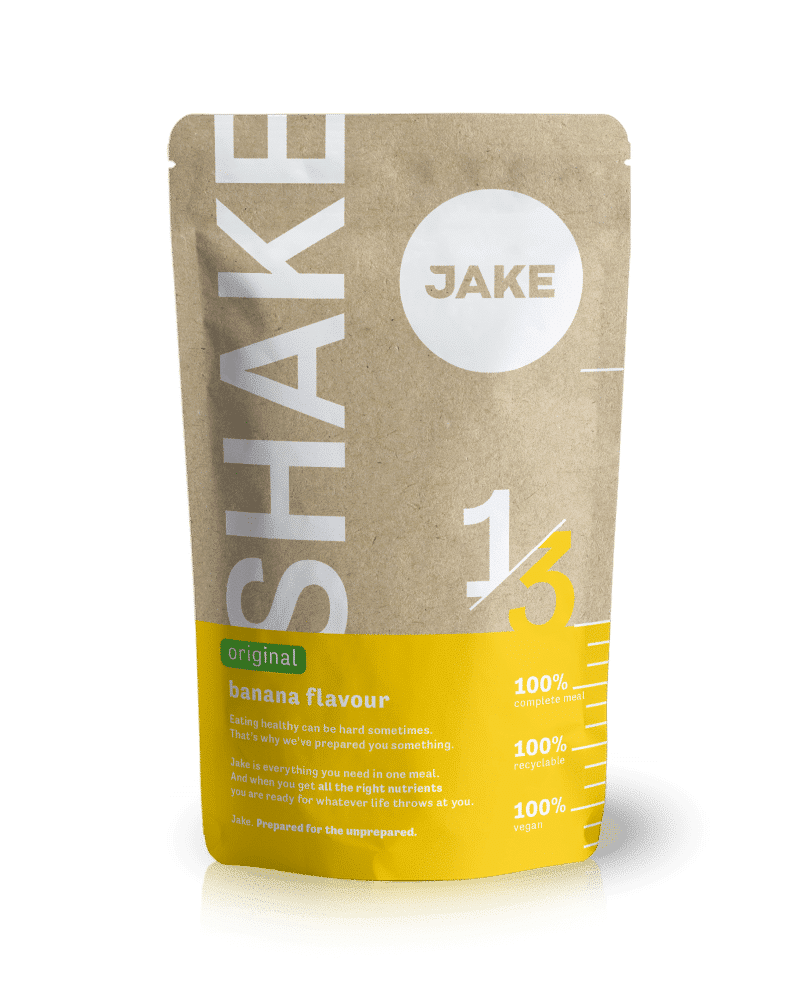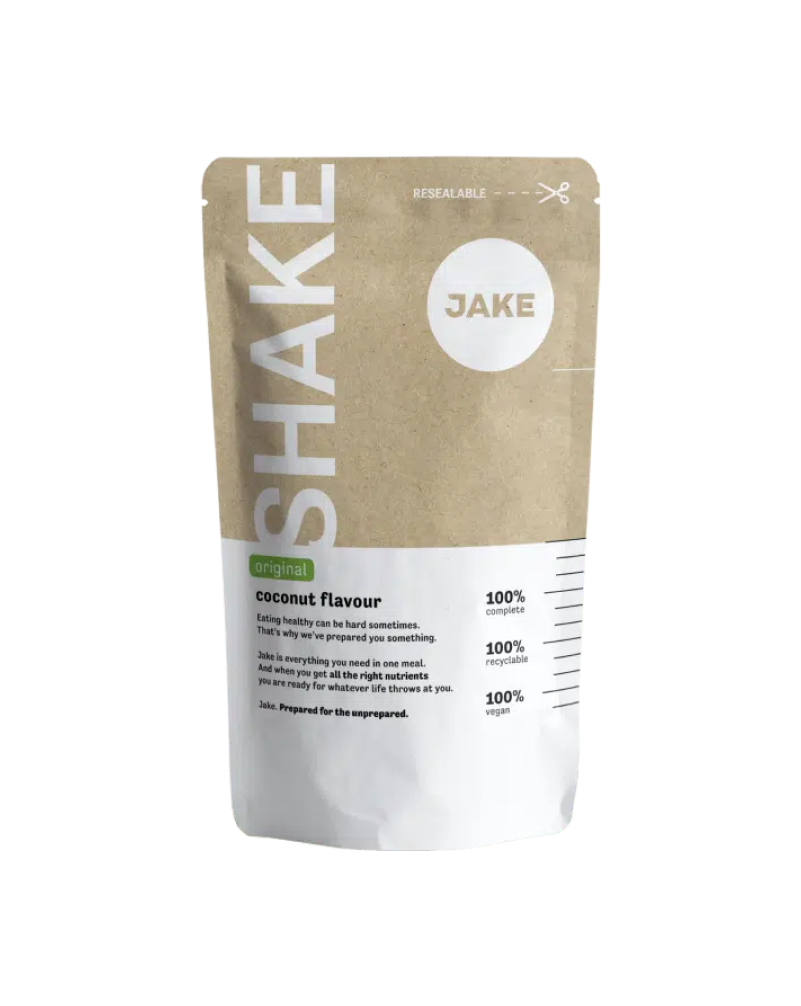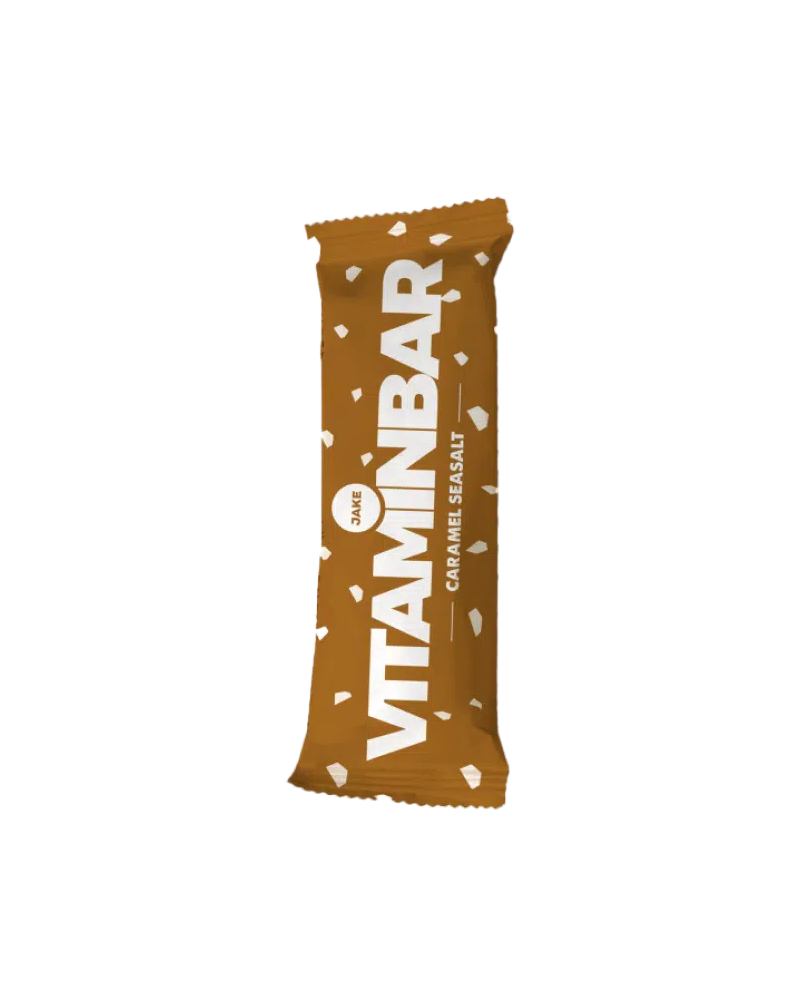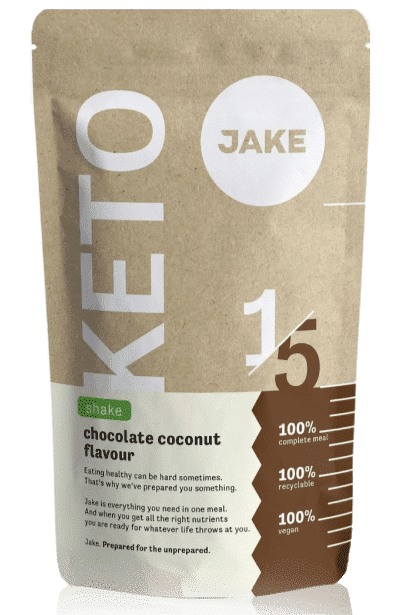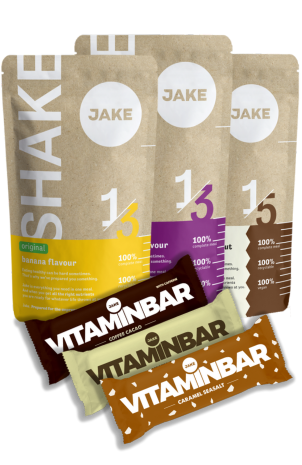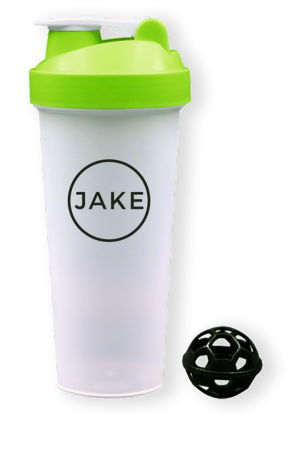5-minute read•July 11th, 2018
Vitamin B7, which is more commonly known as biotin, was originally called vitamin H. Derived from the German words for ‘hair’ (‘Haar’) and ‘skin’ (‘Haut’), the name was inspired by the observation that rats develop skin diseases and lose their hair after being fed egg whites. What does vitamin B7 have to do with that? Let’s find out.
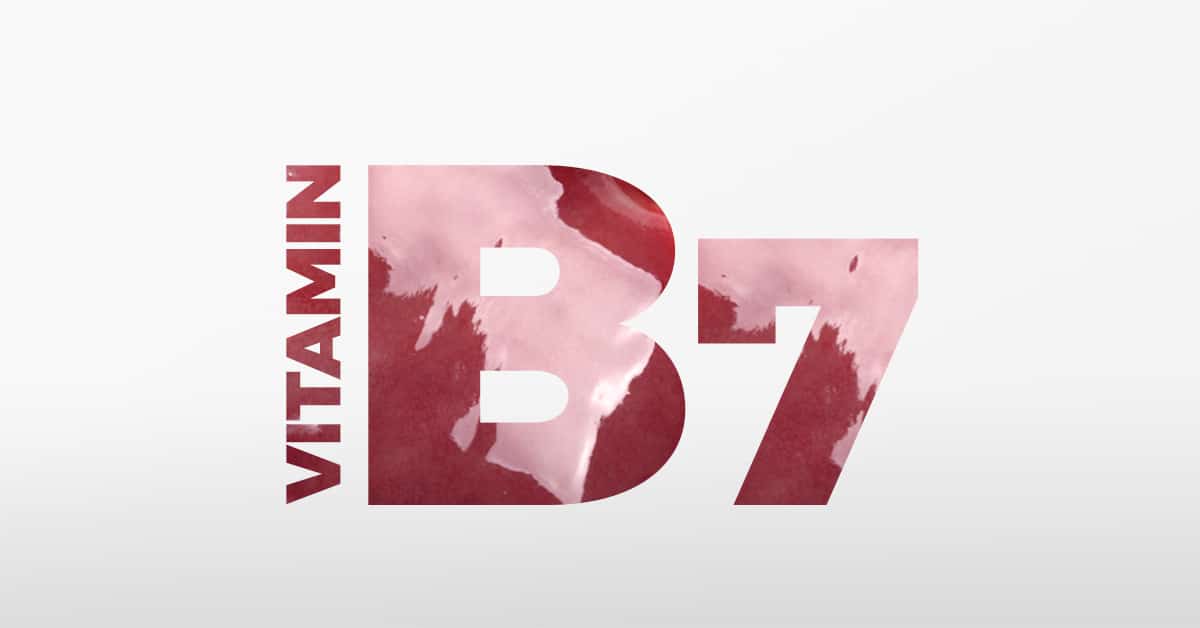
Short on time?
Names: Vitamin B7, biotin, vitamin H, coenzyme R, vitamin B8
Best known for: Energy metabolism, contribution to the maintenance of normal skin and mucous membrane, contribution to the maintenance of normal hair.
Good sources: Organ meats, eggs, yeast, fish, seeds, nuts and some vegetables.
Adequate intake (AI): 40 micrograms per day. No maximum intake level has been established.
Good to know: A vitamin B7 deficiency can have many adverse effects, including skin inflammation and hair loss. However, there is lack of scientific evidence that taking vitamin B7 supplements will improve the health of skin or hair.
Vitamin B7 (biotin) in Jake:
Jake Light and Original: 33% of AI
Jake Sports: 25% of AI
Vitaminbars: 25% of AI
What is vitamin B7?
Vitamin B7 (biotin) is a water-soluble vitaminVitamins can be fat-soluble and water-soluble. Vitamin B7 is water-soluble. This means it can be dissolved in water and is not stored in the body.. It’s often bound to the protein in food. Therefore, it first needs to be broken down into free biotin, before it can be absorbed.
Health benefits of vitamin B7
Similar to other B-complex vitamins, B7 is an important factor in energy metabolism. It serves as a building block for enzymesEnzymes are substances, mostly proteins, that speed up biochemical reactions within the body. that break down fats and carbohydrates, influence protein synthesis and enable cell growth.
Sure enough, getting less vitamin B7 than you need can harm your hair.
How much vitamin B7 do you need?
Healthy adults need 40 mcg of vitamin B7 per day. This amount reflects the adequate intake (AI) set by the European Food Safety Authority (EFSA). An AI is the amount considered sufficient to meet the average dietary needs of healthy people. Think of it as a big portion of beef liver.
Vitamin B7 in foods
One of the more universally available vitamins, vitamin B7 can be found in organ meats, eggs, yeast, fish, seeds, nuts and some vegetables.
Here are the best sources of vitamin B7:
| Food | AI (%)* | Vitamin B7 (mcg) |
|---|---|---|
| Beef liver, cooked (100 g) | 77% | 30.8 |
| Egg, cooked (one, whole) | 25% | 10 |
| Salmon, canned in water (85 g) | 13% | 5 |
| Sunflower seeds, roasted (30 g) | 7% | 2.6 |
| Sweet potatoes, cooked (65 g) | 6% | 2.4 |
* Based on the adequate intake (AI) established by EFSA for healthy adults (40 mcg/day)
What if you’re not getting enough vitamin B7?
A vitamin B7 deficiency is very rare, but if it does occur, it can have various negative consequences. Typical symptoms range from skin infections and thinning of the hair to abnormal amounts of acid in the urine and, in some cases, seizures.
Chronic alcoholism is associated with a higher risk of vitamin B7 deficiency, due to the inhibiting function of alcohol on its absorption.
Although it is not fully understood why, pregnant women also tend to have a higher risk of vitamin B7 deficiency than the general populationSource: Journal of Nutrition , even when they have an adequate intake of the vitamin from their diet.
When vitamin B7 (then known as vitamin H) was discovered in 1927, it was after the observation that rats lose hair and get skin diseases when they are fed egg whites. What was going on there?
Raw egg whites contain avidin, a substance that blocks the absorption of vitamin B7 in the body. As the rats in the 1927 experiment were only fed egg whites, they ended up becoming deficient in vitamin B7.
To avoid this fate, cook egg whites for 4 minutes at a minimum temperature of 85 degrees. This neutralises the effect of avidin.
How much vitamin B7 is too much?
Consuming an excess amount of vitamin B7 is not known to have any negative health effects. Therefore, a tolerable upper intake level (UL) has not been established.
Take-aways
These are three things worth remembering about vitamin B7:
- You need vitamin B7 to turn nutrients from your food into energy.
- You can find vitamin B7 in a variety of foods. Richest sources are organ meats, eggs and fish.
- If you have a varied diet, there’s no need to worry about vitamin B7 deficiency. And, taking more vitamin B7 than you need won’t help beautify your skin or hair. Alas!
Afraid to miss out on essential nutrients your body needs? You can always take our Jake meal replacement shakes or one of our delicious meal replacement bars.
